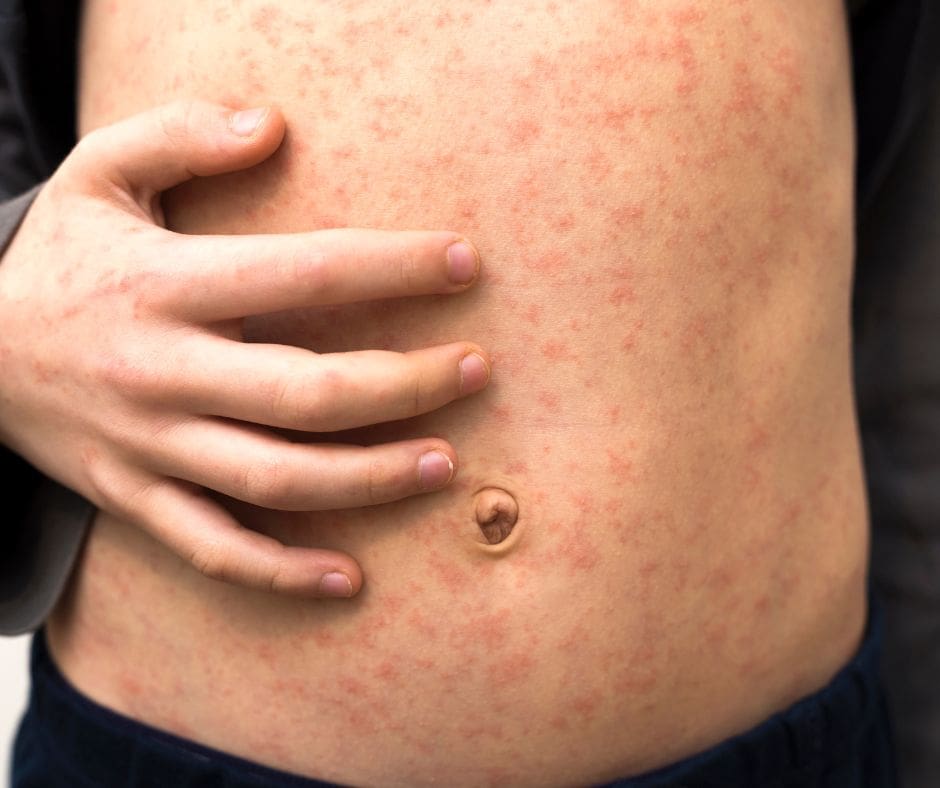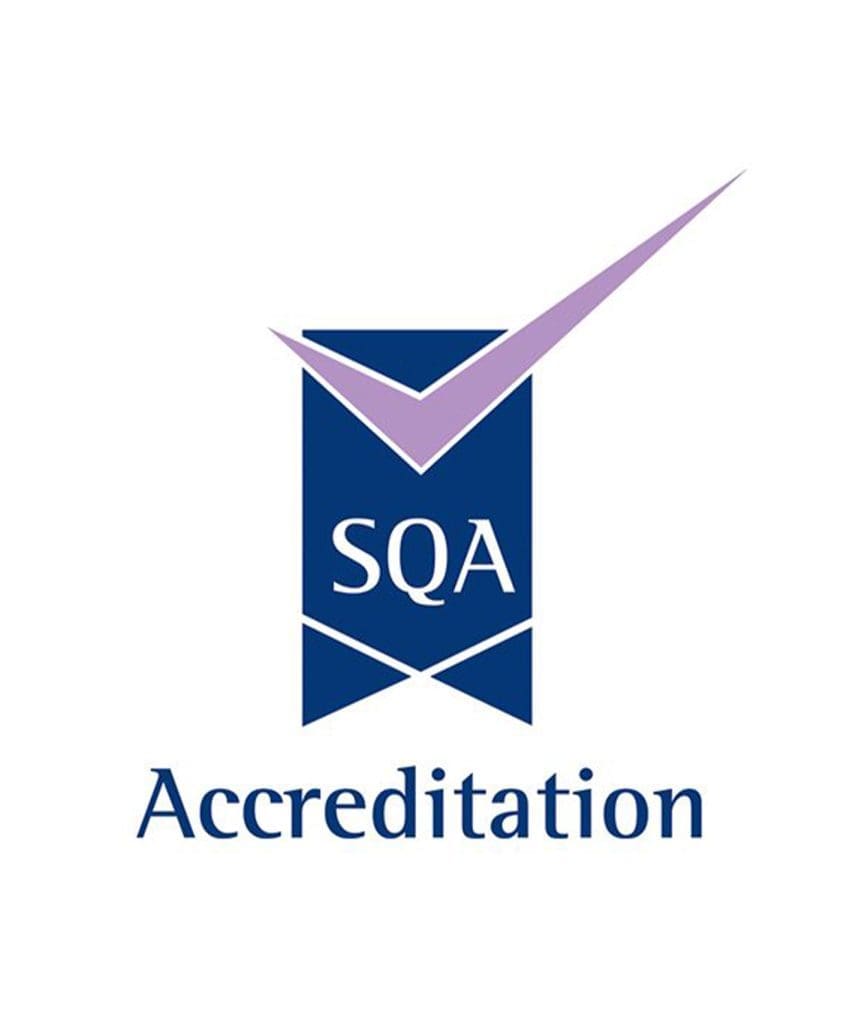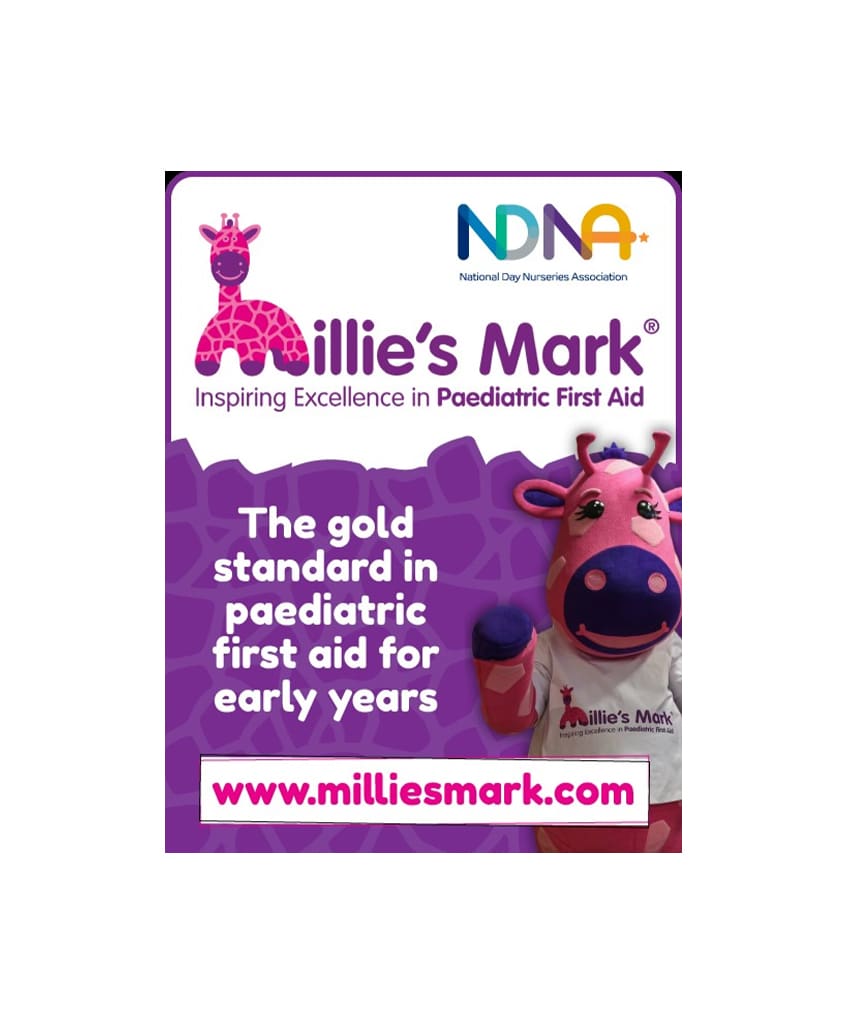The UK is in the grip of a sudden spike in measles, with health officials declaring the outbreak a ‘national incident’. The surge has been linked to a decline in vaccine uptake, as a rise in health disinformation and ‘anti-vax’ conspiracy theories has put parents off getting their children jabbed.
The region has seen the largest surge in cases outside London, with more than 300 suspected infections reported between 23 October last year and Monday.
In the last four weeks of 2023, there were 217 cases in England and Wales. Public Health Scotland have said they have recorded ‘very few’ cases. The measles surge is particularly severe in the West Midlands, with cases in the area at the highest level since at least the mid-1990s, according to health officials. Health officials have warned of further measles outbreaks across England after cases in the West Midlands rose by more than 30% in less than a week.
Official figures show uptake of the measles, mumps and rubella (MMR) vaccine across the country is at its lowest point in more than a decade.
In 2022/23, some 84.5% of youngsters in the country had received both doses of the jab by the time they were five years old – the lowest level since 2010/11. Up to 92.5% had received one dose, figures show.
Measles is easily spread from person to person and can be severe and in some cases fatal – so it’s important to be able to recognise if you or your child have it.
More than 3.4 million children under the age of 16 are at risk of contracting the virus due to lack of protection, according to estimates from the NHS. The NHS began a catch-up campaign on the 22nd January. Pop-up clinics in schools and GP offices have been offering vaccinations to anybody who has not received one.
What are measles symptoms and what is the rash?
Common measles symptoms include;
- high fever
- sore, red and watery eyes
- coughing
- sneezing
- feeling generally unwell
Small white spots may appear inside the mouth.
A blotchy red or brown rash usually appears a few days after the initial symptoms, typically on the face and behind the ears before spreading to the rest of the body.
It can be harder to see on brown and black skin.
How is measles spread?
When an infected individual coughs or sneezes, microscopic droplets containing the virus are expelled.
The infection is spread by breathing in droplets or by touching them and putting your hand close to your mouth or nose.
People with measles are infectious until at least four days after the rash appears.
Where can I get a vaccine?
Contact your GP to schedule your child’s immunisations or if you believe you may have forgotten any of your own.
Some schools are also setting up pop-up clinics.
The first MMR dosage is typically administered at 12 months, and the second at roughly 3 years and 4 months. It lessens the chance that someone will contract the measles and spread the infection to others.
As an adult or youngster, you can always catch up on the jabs at any time.
Muslim communities who do not eat pork products can request an alternative version called Priorix from their GP.
A treatment known as human normal immunoglobulin (HNIG) can be administered to a person who is immediately at risk of contracting measles if the MMR vaccine is not appropriate.
Are there any side affects to the MMR vaccine?
Most side effects are mild and do not last long.
The area where the needle goes in can be red, sore and swollen for a few days.
Babies and young children may develop a high temperature for up to 72 hours.
What should I do if me or my child has measles?
Follow these tips from the NHS:
- Seek medical advice
- Make sure they rest and drink lots of fluids
- Give them paracetamol and ibuprofen to help with a high-temperature
- Use cotton wool soaked in warm water to remove any crusts from your child’s eyes
- stay off work and keep your child off school or nursery for at least 4 days from when the rash first appears
You should go to A&E or phone 999 if you or your child:
- have shortness of breath
- have a high temperature that does not come down with paracetamol or ibuprofen
- are coughing up blood
- feel drowsy or confused
- have fits (convulsions)
Pregnant women or those with a weakened immune system should seek urgent medical advice after contact with someone with measles.
If you would like to speak to us about how we could help with your First Aid training requirements, please call us on 01276 586943 or email us at admin@crosscountiestraining.co.uk for hassle-free bookings.









